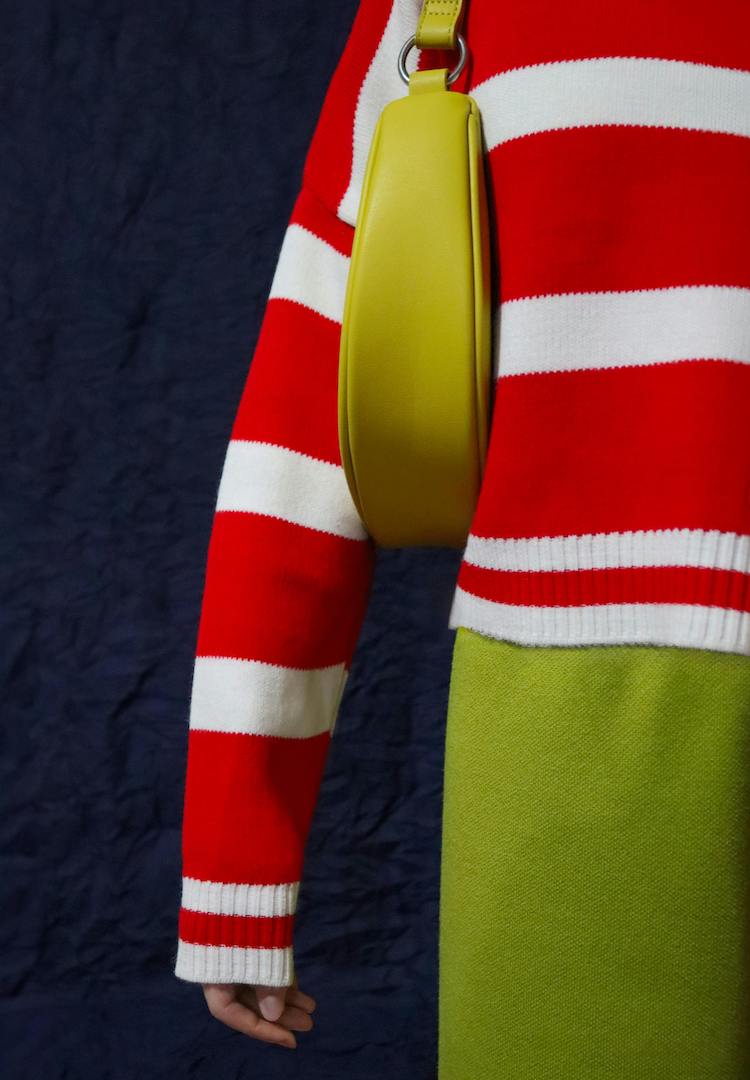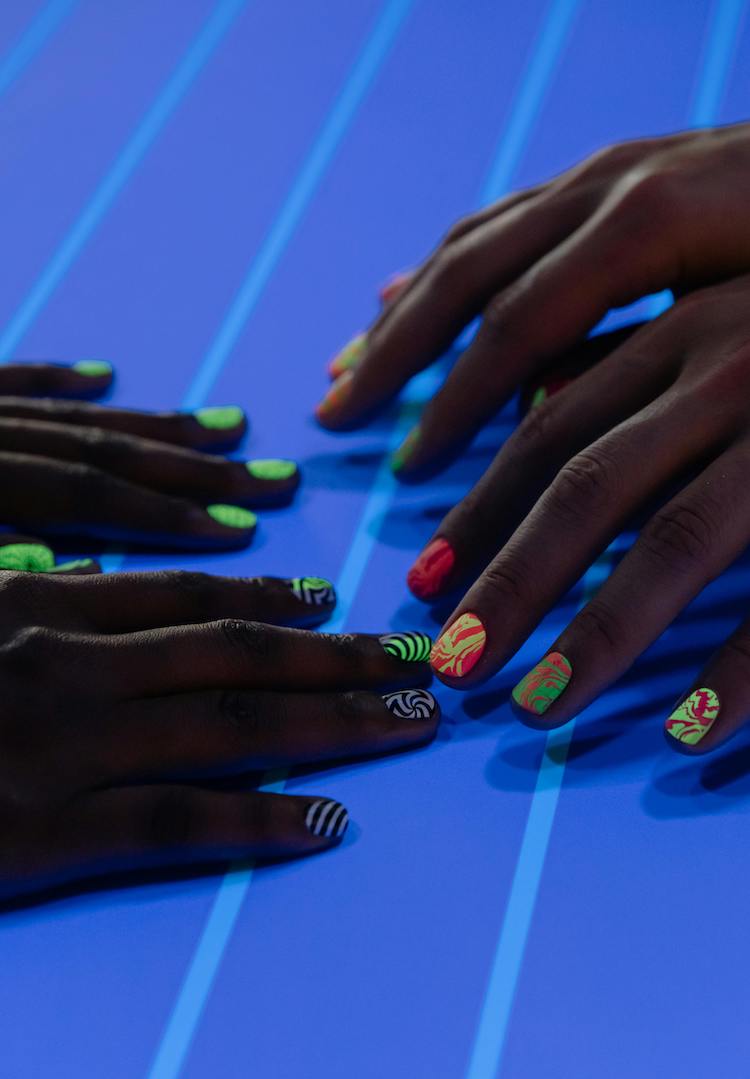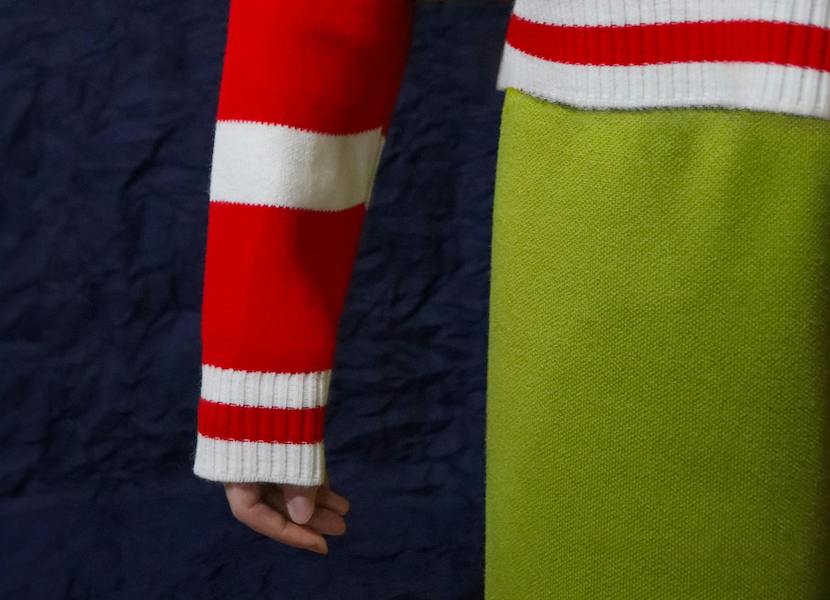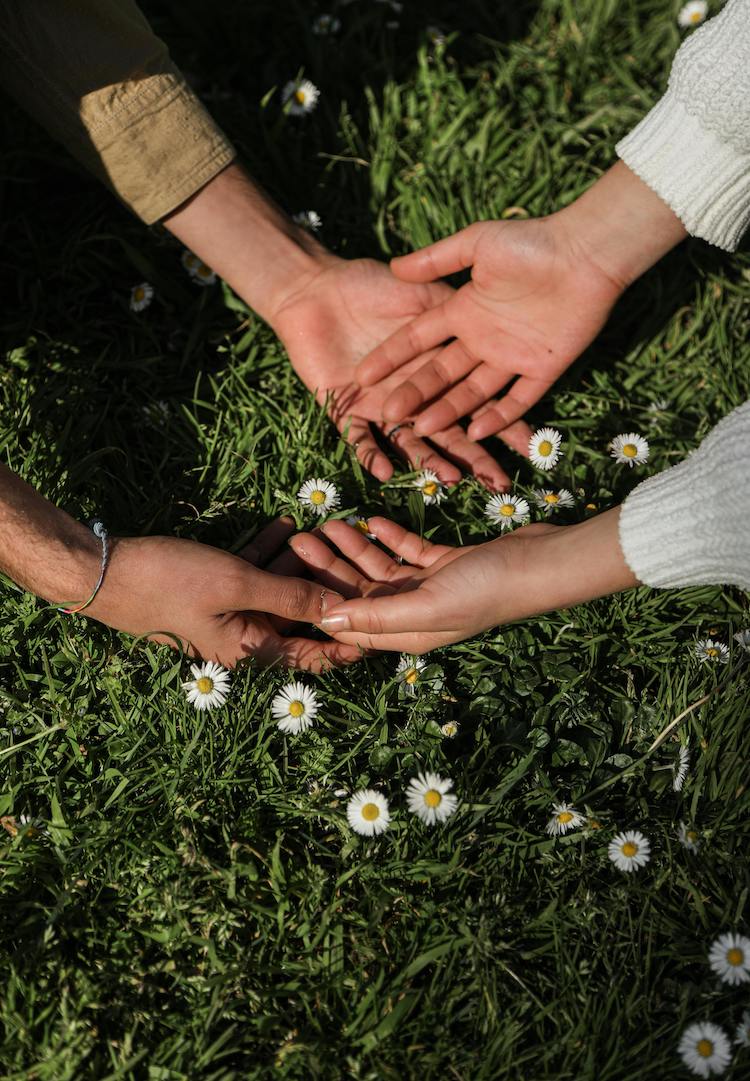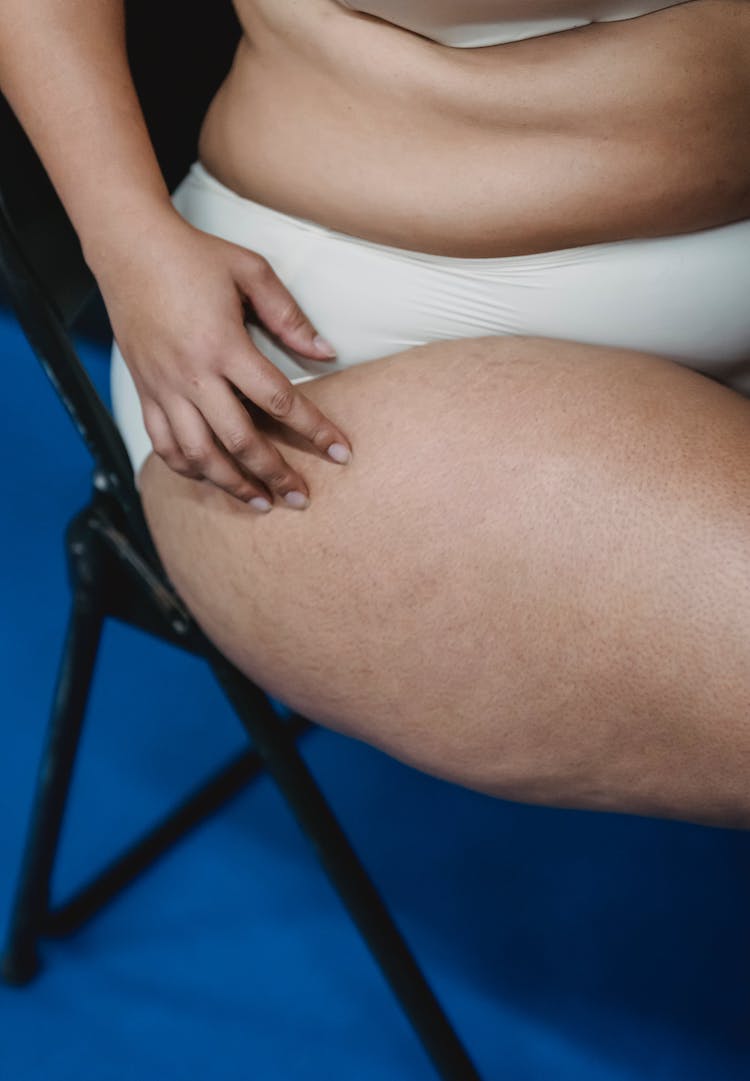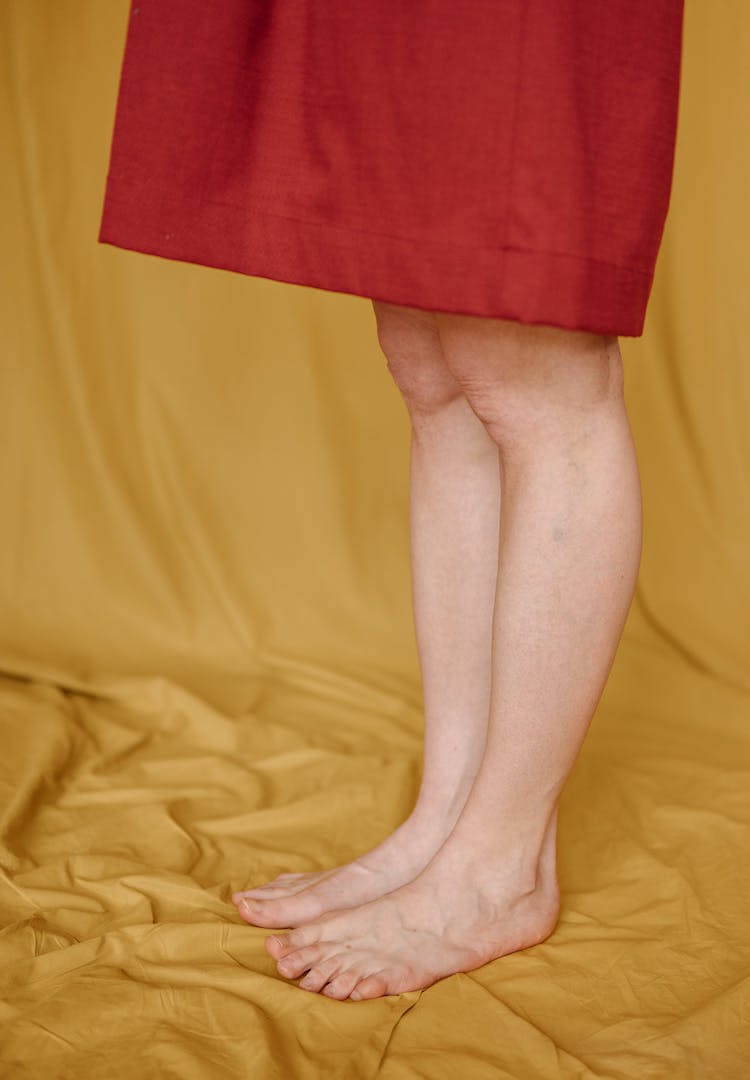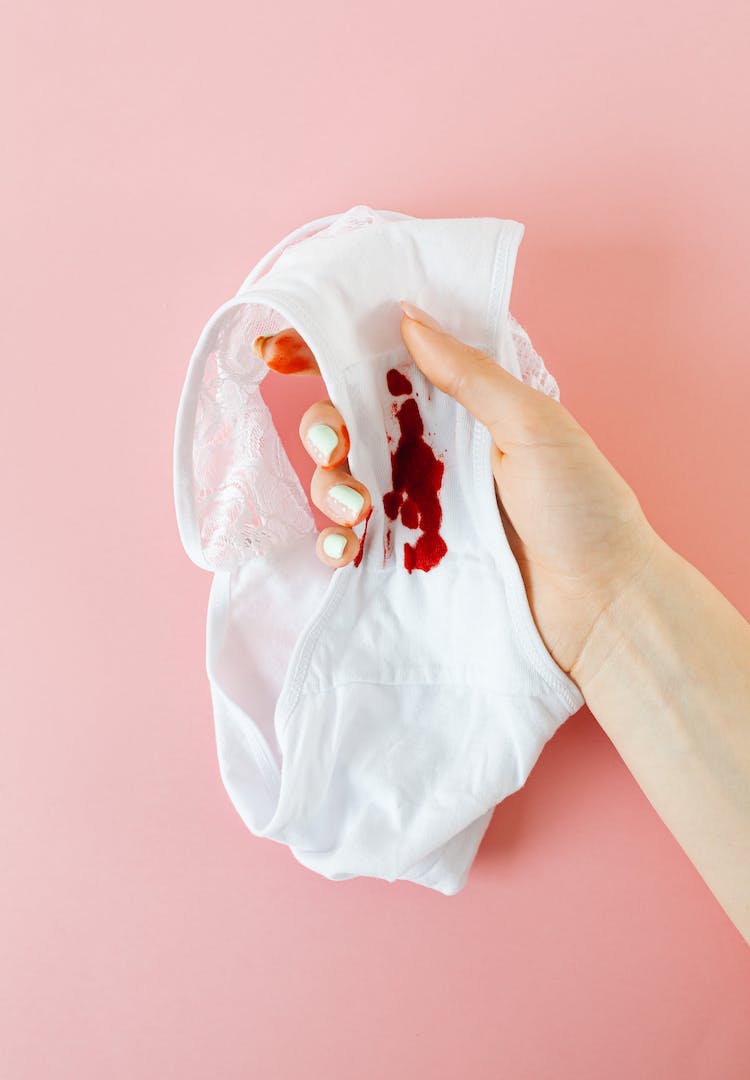I’m an endometriosis counsellor, here’s what I tell all my clients
Words by Angie Mashford Scott
”Almost every person with endo says it affects their mental health.”
Living with endometriosis is fucking tough. It’s tough to regularly feel like your insides are being clenched in a vice or carved out with a metal ice cream scoop or wrapped in barbed wire.
It’s tougher still to experience this pain (and a wide range of other potential symptoms) while having to navigate a gender- and racially-biased medical system. It’s tough to see doctor after doctor (over years and sometimes decades) who either doesn’t know what’s wrong with you or doesn’t believe there’s anything wrong with you at all.
Looking for some similarly thought-provoking reads? Try our Health vertical.
Then, when you finally receive your diagnosis, it’s tough to process the fact that a) you have a chronic illness that is incurable, and b) all that you’ve gone through to get here – the gaslighting, the minimising, being condescended to, being denied a referral, a scan, a second opinion – was not only unnecessary, but unjust. It wasn’t all in your head. But going through all of this sure as hell fucks with things up there.
And then there’s the day-to-day reality of managing all the ways that endo can impact your life, including work, study, travel, diet, finances, dating, relationships, sex, body image, self-esteem and fertility.
Oh and let’s throw in a society that has a poor understanding of your illness and offers minimal support. You may now need to explain to everyone in your life – family, friends, partners, employers – what endo even is, let alone how significantly it affects you. And let’s not forget a sucker-punch sprinkling of uncertainty around what your future will look like.
Yep. It’s a fucking lot.
It comes as no surprise, then, that research consistently shows that almost every person with endo says it affects their mental health. So, as a counsellor who specialises in endometriosis (and has the disease myself), here’s what I tell all my clients.
Remember that everyone’s experience of endo is different
Although we might walk some similar paths and share some common symptoms, we all have a story that is uniquely our own. We have our own set of identities and backgrounds and circumstances that shape our life and story, with many intersecting factors at play. Race, gender, sexuality, education, geographical and financial access to quality healthcare options, neurodiversity, concurrent medical conditions and so on will all influence our experience of living with endo.
If you are a trans man or gender diverse, for example, there are additional barriers to accessing appropriate and respectful care and support. A lack of inclusive language and having to navigate a space that is typically viewed as a ‘women’s disease’ can create extra hurdles and place additional burdens on your mental health.
If you have black or brown skin, you might experience greater discrimination and bias within the healthcare system. You might be treated with more caution in the emergency room or be denied pain medication because you’ve been stereotyped as ‘drug seeking’.
It’s therefore important to acknowledge and validate the fact the only person who has lived your life, in your body, is you.
Know all of your (many, many) feelings are valid
We can experience a wide range of emotions in response to the challenges of living with endo. Whatever you feel is a valid response to whatever is happening or has happened along your journey. At times, we might have feelings of grief, sadness or anger.
Other times, we might feel empowered and optimistic, and our heart might swell with pride, gratitude, hope and community. We can hold different emotions, like gratitude and anger, simultaneously. One does not cancel out the other. Some of the more common and difficult emotions to navigate:
Sadness, loss and grief: Living with endo can involve multiple losses such as loss of physical functioning, loss of independence, loss of your ‘old self’, loss of fertility. There is sometimes grief around these losses or a sense of missing out. As one of my clients described it recently, “It’s like a constant state of FOMO, except with just the MO.”
Anger and frustration: We can feel anger toward our body or the condition itself, toward healthcare providers, the medical system and society for how we’ve been treated. We might also be angry about the lack of control and predictability we have over our own body, health and life.
Stress and anxiety: Feelings of anxiety about the future, worries about managing pain and symptoms, and the unpredictability of those pain and symptoms can be common. There can also be stress about job security and finances. We can have fears and anxieties associated with procedures or surgeries, and their potential ongoing trauma.
Guilt and shame: We might feel guilt and shame around not being able to fulfill our obligations or around the impact our condition has on loved ones. We might feel like we’re underperforming at work, as a parent, as a friend. We might feel guilty for cancelling plans or leaving events early. We might feel like we’re not where we thought we’d be in life or that we’re not keeping up with our peers. We might experience feelings of inadequacy and shame related to changes to our bodies, or impacts on our sexual experiences and relationships. Guilt and shame can be a biggie.
Lower your expectations and hold onto hope
The emotional and psychological impacts of living with endo can be heavy to carry (on top of the physical pain and symptoms of the disease). It’s so important to recognise the cacophony of emotions and struggles we are experiencing are real, valid and deserving of acknowledgement and support.
Despite these challenges, us endo folk often show remarkable resilience and strength in coping with our condition. We can develop new coping skills, cultivate stronger support networks, create boundaries with others, stop giving two fucks about things that don’t matter, accept what we can’t control, practise self-compassion, and find meaning and purpose in our growth and in advocating for ourselves and others. On our good days, we can feel hopeful about finding ways to better manage our symptoms and improve our quality of life. When we feel hopeful, we can cope better with challenges and setbacks.
But there are days when it’s really difficult to maintain hope, and we have moments of helplessness and despair. When you find yourself running low, reach out, seek support and borrow a dose of hope from someone else (in the real world or online).
Treat yourself with self-compassion and kindness, lower your expectations, celebrate even the smallest of achievements, set aside time for activities that bring relaxation or joy, and connect with your most supportive people. Whatever you can do to validate what you’re going through, and whoever you can lean on to lighten the load, do it.
Living with endo is tough. But to battle this beast of a disease, day after day, year after year, means you are too.
Learn more about counselling and support for endometriosis here.


